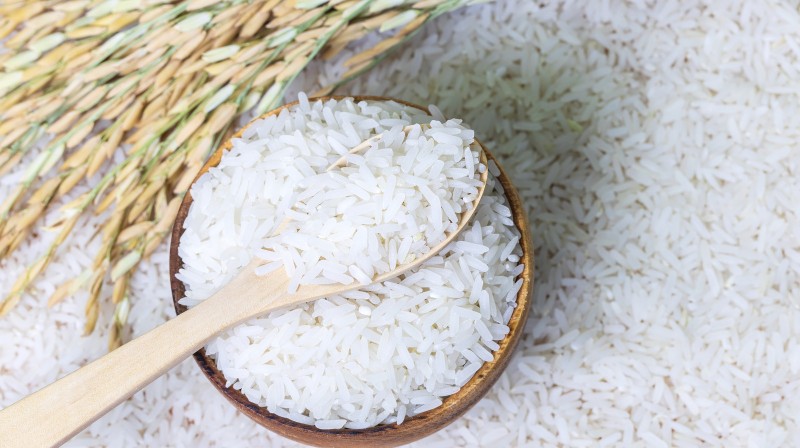
In today's world, dietary choices are diverse, and many people opt to exclude certain foods from their meals. One such common exclusion is rice, a staple in numerous cuisines worldwide. While it's entirely possible to maintain a balanced diet without rice, there are several noteworthy effects on the body when one abstains from consuming this grain for an extended period. Let's delve into these changes and discover how they might just surprise you.
Before we delve into the effects of not eating rice, it's essential to understand its role in our daily diet.
Rice, particularly white rice, serves as a staple food for billions of people globally. It's a primary source of carbohydrates and provides energy for various bodily functions.
Rice is not just about carbs; it also contains essential nutrients such as vitamins, minerals, and fiber.
Now, let's explore the unexpected consequences of eliminating rice from your diet.
One of the most noticeable effects is potential weight loss. Cutting rice can reduce calorie intake, aiding in weight management.
Eliminating rice may lead to fewer cravings for carbohydrate-rich foods, potentially supporting weight loss goals.
Not eating rice can lead to improved blood sugar control, which is beneficial for individuals with diabetes or those at risk.
Stable blood sugar levels result in consistent energy throughout the day, reducing energy spikes and crashes.
Without rice, you may seek alternative fiber sources, potentially leading to improved gut health and regular bowel movements.
Dietary changes can influence the composition of your gut microbiome, which may have long-term health implications.
Not eating rice encourages exploration of other grains and foods, introducing variety into your diet.
A diversified diet can help ensure a more balanced intake of essential nutrients.
For many cultures, rice is deeply ingrained in their culinary traditions. Abstaining from rice may require adapting these traditions.
Dietary choices can impact social interactions, making it important to communicate your preferences when dining with others. In conclusion, eliminating rice from your diet can lead to several surprising effects on your body, including potential weight loss, improved blood sugar control, and a diversified diet. However, it's crucial to make informed dietary choices that align with your health and cultural preferences.
Eating These Foods Daily Can Help Maintain Healthy Cholesterol Levels
If You Want to Live for 100 Years, Make These Lifestyle Changes- Keep Illness at Bay
Spice Up Your Weight Loss Journey: How These Spices Help Shed Pounds